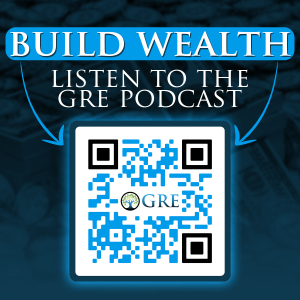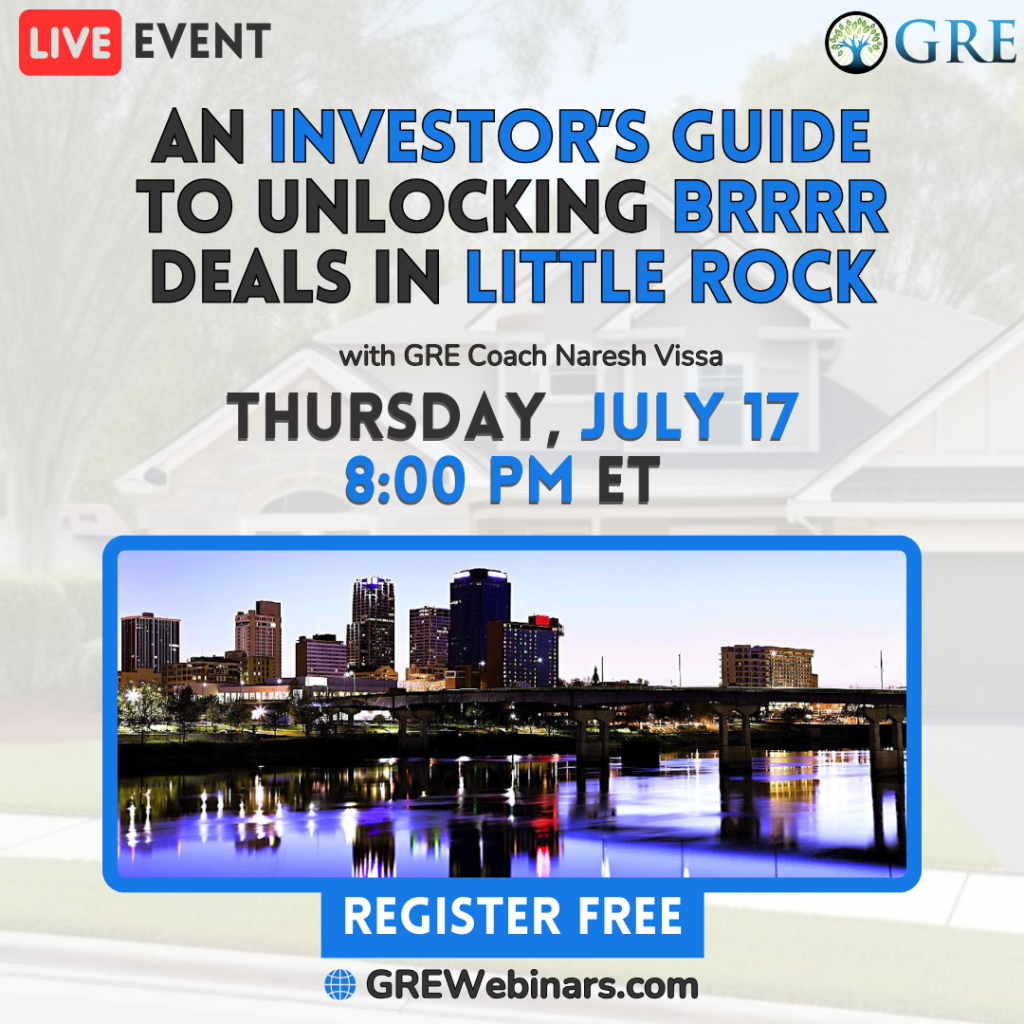Most people think that owning a home is a financial asset. That’s not true.
Rich Dad said, “A home is a liability, not an asset.” An asset puts money into your pocket every month. A home takes money out of your pocket every month.
Though owning a home is rarely a good financial investment, one still ties up a lot of money in their humble abode, so let’s explore this.
You have four choices in how you live: own your home, pay rent to a landlord, be homeless, or live with your parents – haha! Let’s discuss the first two: Renting vs. Buying.
“Home ownership is the American Dream.” Really? Fannie Mae associates these things in their marketing slogan. But it often makes more sense to rent.
In fact, more people are renting. This year, the homeownership rate plunged to 62.9%, the lowest since 1965.
Some people want to own a home but they simply can’t afford it. “Paying rent is like throwing money away every month,” they lament. Well, that depends.
Many people are actually better off renting. They just don’t know what factors to consider.
Should you rent or buy your home? Let’s look at 16 factors to consider, many of which you’ve never thought about:
- Mobility. You’ll likely move more often than you think. Renting keeps you nimble. With a new job opportunity or life change like marriage and kids, your mobility is an asset. A homeowner that moves a lot gets eaten up and beaten up with closing costs, make-ready expenses, and sales commissions.
- Choice. There are more homes for sale than there are rentals, especially at the higher end.
- Equity Buildup. Equity is the difference between what your home is worth and how much you owe on a mortgage. Homeowners build equity; renters don’t. Equity is like a forced savings plan. But equity is an awful investment with zero return. Your return is zero because the presence or absence of home equity has nothing to do with whether or not your home appreciates. (Yet you would still rather have equity than not have it.) Houses make terrible “banks”.
- Liquidity. Though most homeowners build equity, it’s difficult to access. To tap your home equity, you must prove to a bank that you qualify again, wait months, incur costs, and you still might be denied access to the equity.
- Opportunity Cost. Many tie up a 20% down payment or more in home equity. As you see in #3 and #4 above, equity dollars are low-use, zero return dollars. Instead, your chunk of money can be earning a return for you elsewhere.
- Sunk Cost. This is an overlooked killer for homeowners. Mortgage loan closing costs, constant home maintenance and repair, property taxes, utilities, landscaping, snow removal, replacing obsolete fixtures and appliances, roofing, and painting costs are never fully recouped. Renters bear fewer of these sunk costs.
- Control. Homeowners have the advantage. The peace of mind of knowing that a landlord can’t tell you to move is priceless. You have a feeling of belonging, an anchor. As a homeowner, you can knock out a wall, renovate your kitchen, or add a fence. Make it yours.
- Appreciation. Renters don’t experience price appreciation. Worse, they might even have to weather rent price increases. Homeowners with loans benefit from financial leverage, which can amplify your wealth in an appreciating environment (though you’re lucky if this offsets ongoing opportunity cost and sunk cost). Inflation becomes your friend.
- Tax Advantages. Homeowners often get the mortgage interest deduction. But this is just one small consideration. As Rich Dad Advisor Tom Wheelwright says, “Don’t let the tax tail wag the dog.”
- Low mortgage rates. Homeowners can tie up long-term fixed interest rate debt at these historically low rates. Economists believe they’ll stay low for a long time into the future.
- Price and Rent-To-Value Ratio. If a home costs less than $300,000, own it. If it costs more, pay rent. If the monthly rent is under $700 per $100,000 of home, rent it. If rent costs more, own it. This formulaic approach indicates how much “home” you have the benefit of living in per dollar paid. Regional and other factors can skew these numbers.
- Community formation. Owning your home provides both you and your neighbors a feeling of “belonging.” Homeowners are more likely to look out for the common good of the neighborhood. That helps everyone. People feel more fulfilled when they’re part of something greater than themselves.
- Travel. This is so simple yet everyone overlooks this. Have you been to New York City? Arizona? Florida? Alaska? Ecuador? If you haven’t even gotten out to see the very world that you live in, be a renter until you’ve found the place that fits your interests.
- Personal cash flow. If it costs substantially more to own a place rather than rent that place, then rent it…and vice versa. Homeowners that divert too much of their income into a mortgage payment are what’s known as “House Poor.” This stifles your opportunity to travel, invest, and provide opportunity for your family.
- Natural disasters. Areas subject to frequent earthquakes, hurricanes, and floods clearly tilt to the renter’s advantage. Even if adequately insured, these catastrophes are worse for homeowners.
- Consumer advantages. Owning rather than renting can give you higher credit card limits and more favorable insurance rates.
A decided stigma still exists with renting. But you don’t live your life for the Joneses, you live it for you.
Regionally, it makes more sense to rent on the U.S. coasts and own in the heartland. There are surely numerous exceptions.
What’s the bottom line with what makes the most sense financially? Be a renter in a high-end home and buy low-cost income properties which you rent to others.
But there’s no one definitive factor in the Rent vs. Buy decision because this is where finances and feelings intersect.
Here’s hoping that you found a few considerations that you’ve never thought about before!
Listen to Episode 309 of the Get Rich Education podcast where we talk about all these Rent vs. Buy trade-offs and more. On this episode, I even tell you how much my home is worth and how much it would rent for.
Here’s to your wealth and success!
Thought getting your money to work for you creates wealth? It doesn’t! That’s a myth. My one-hour investing video course is now 100% free: Real Estate Pays 5 Ways. For a limited time, you can learn how wealth is really created, here.





Thanks.
Very nice article, just what I wanted to find.
Thank you very much for blog articles. Renting a house is a very annoying thing and it’s going to be all kinds of uncertainty. But most people would rather buy a house than rent a house for getting a sense of security.
Great blog! I’m a real estate investor and like to read different blogs to grab sufficient investment information. Your blog provides great knowledge of investment in a good manner. Thank you!